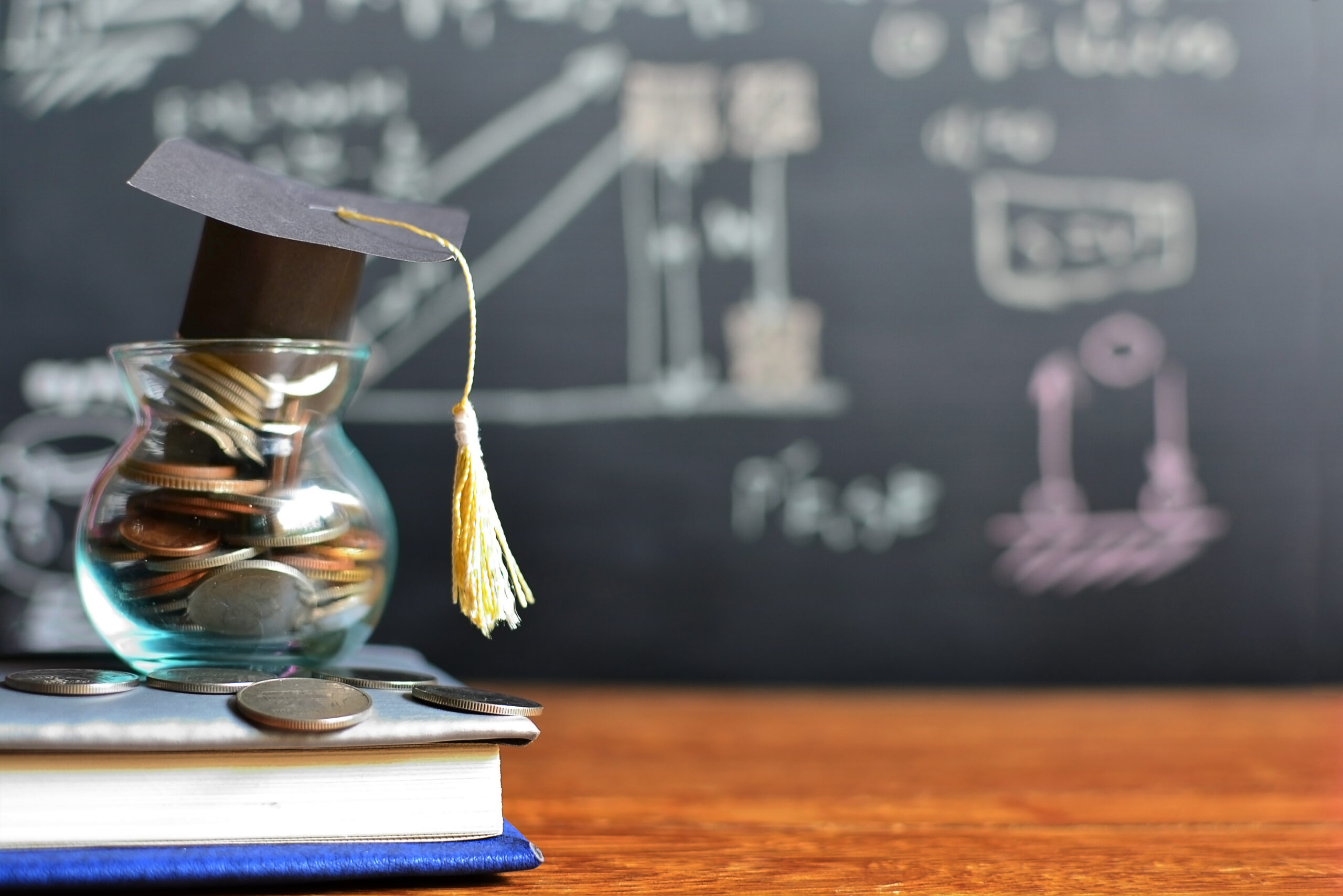Can you file bankruptcy on student loans? Yes, you can; however, whether you can discharge that debt or not is the bigger question.
Unfortunately, most people do not qualify for discharging student loan debt through Chapter 7 or Chapter 13 bankruptcy. But you can eliminate your debt if you can prove that paying your student loans will place an undue hardship on you.
Proving Undue Hardship
Most courts are very reluctant to discharge student loan debt unless you can show that paying your debt will cause an undue hardship on you. How do you prove this?
The tests used to determine undue hardship vary among courts. Furthermore, most courts view the test as an all or nothing situation — either you completely qualify for discharge, or you do not. However, some courts are more willing than others to discharge a portion of student loan debt instead.
Regardless of what tests the court use, if your income is very low or you obtained your loan from a for-profit trade school, you may have a better chance at discharging your loan through bankruptcy.
The Brunner Test
This three-factor test determines eligibility for student loan discharge if all of the following factors are met:
- Poverty: based on your current income and expenses, if you are forced to repay your loan, you will not be able to maintain your minimal living standard. To meet this factor, you will need to demonstrate that you have barebones expenses and have made a significant effort to increase your income without any success. Any dependants that you may have will also need to be factored in.
- Persistence: your current financial circumstance will more than likely continue through a decent portion of your loan repayment period. If you have a severe disability or you have maxed out the earning potential in your field of work, then you may have an easier time proving this factor.
- Good faith: you’ve made a significant effort to repay your loan. For instance, good faith efforts can include keeping current with your loan, making some payments, or attempting to negotiate a payment plan.
The Totality of the Circumstances Test
During this test, the court will examine any relevant factors in your situation that may prove an undue hardship to repay your student loan.
Other Tests
There are many other tests that the court can employ to determine undue hardship for paying student loans. Since standards vary between judges, we recommend speaking to an experienced bankruptcy attorney to learn what test is used in your jurisdiction.
What If I Don’t Qualify for the Undue Hardship Exception?
Don’t qualify for undue hardship? Though you may not be able to discharge your student loan, bankruptcy could still help your overall situation.
For instance, whether you file bankruptcy under Chapter 7 or Chapter 13, the court will impose an “automatic stay” that prevents even the federal government from collecting on loans. However, keep in mind that this stay is only temporary.
In addition bankruptcy may help you in the following ways:
How Chapter 7 Bankruptcy Can Help Your Student Loan Debt
Filing for Chapter 7 will allow you to discharge any of your unsecured debts. These debts include credit card debt, medical bills, and personal loans. Therefore, freeing up your financial situation may allow you to keep up with your student loan payments. Though, you should remember that your student loan debt will remain after bankruptcy.
How Chapter 13 Bankruptcy Can Help Your Student Loan Debt
Under Chapter 13 bankruptcy you can restructure your debt into an affordable payment plan. Fortunately, your student loan debt (or at least a portion of it) can be included in that plan. Though, after your payment plan expires, your student loan debt will still remain. Nonetheless, filing for Chapter 13 may allow you to manage your other debts to solely focus on your student loan.
How Can You File Bankruptcy on Student Loans?
In order to discharge your student loan debt through bankruptcy, you will need to file an adversary proceeding. During your adversary proceeding, you will need to prove that paying back your student loan will constitute an undue hardship. Proving this will require evidence and an expert witness that can testify to your ability to keep gainfully employed.
Speak to a North Charleston SC Bankruptcy Lawyer Today
At Steadman Law Firm, we can help you determine whether filing for bankruptcy will address your student loan debt or not. Contact us today.






